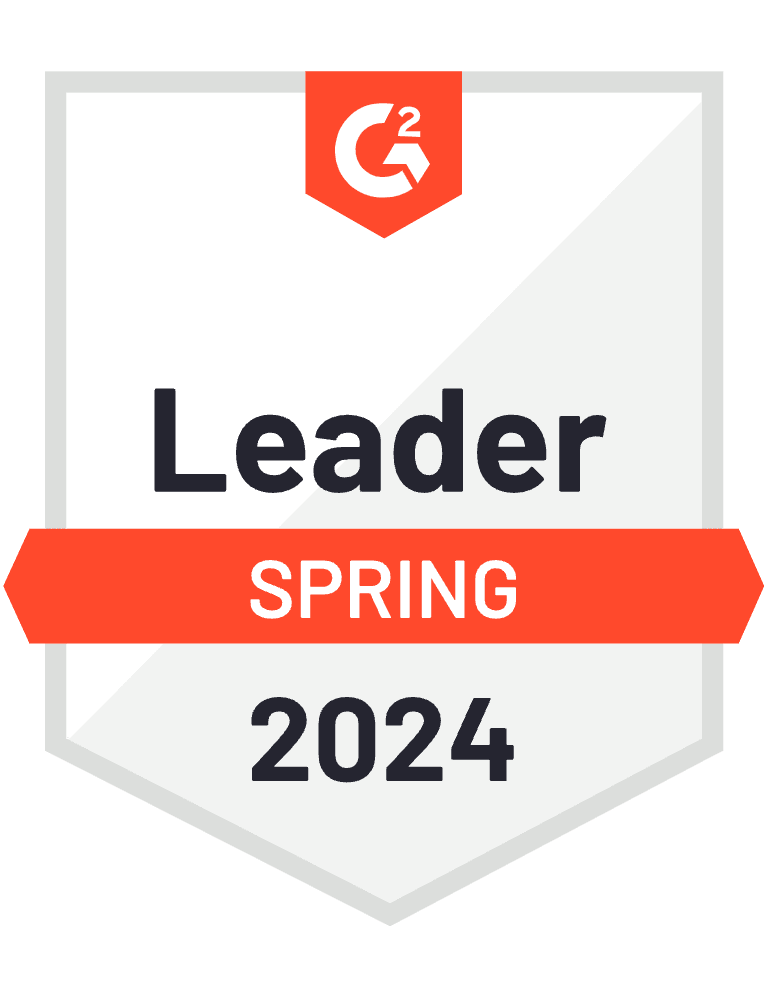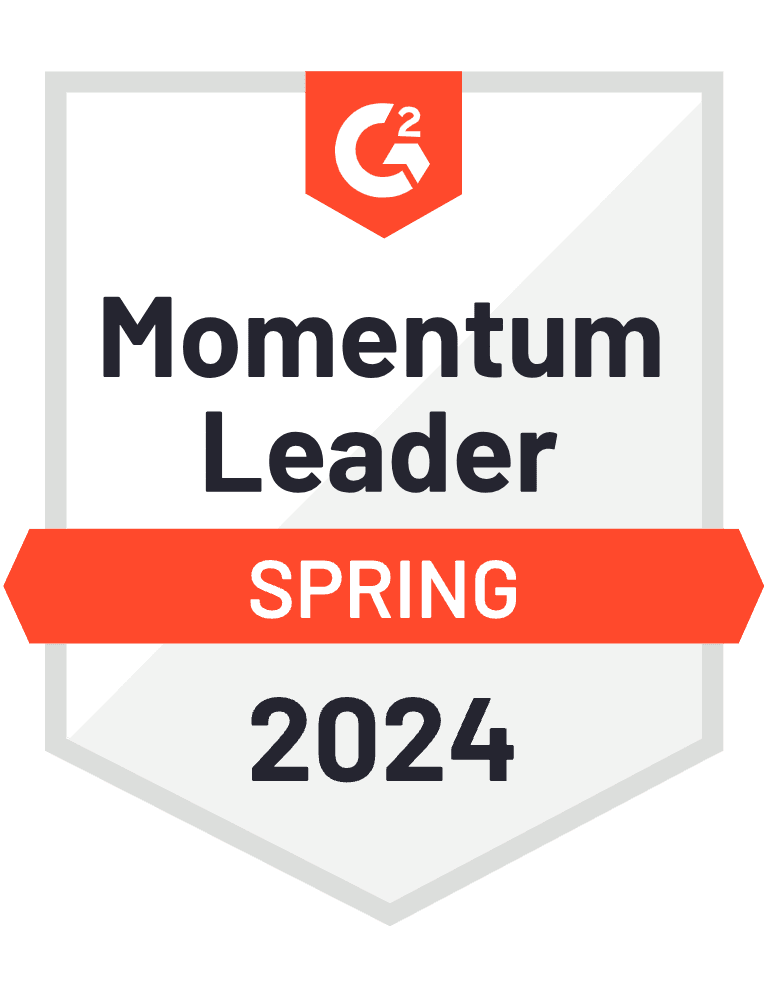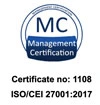The pharma industry is at a tipping point—knowledge gaps in your sales team could cost millions. Unethical behavior, non-compliance, and lack of product knowledge can jeopardize the business and lead to severe consequences. For example, one major pharmaceutical company was fined $3 billion after its sales reps misrepresented the safety and efficacy of drugs and engaged in illegal marketing practices. To avoid such pitfalls, investing in comprehensive pharma sales training is essential.
This article explores how targeted pharma sales training can bridge these knowledge gaps, leading to better client engagement and higher sales conversions—key drivers of your business success.
Navigating the High-Stakes Industry with Pharma Sales Training
Pharma sales can make or break a company. The industry contributes around $1.6 trillion to the global economy, yet even minor mistakes in sales processes can lead to significant setbacks. Sales teams without adequate expertise struggle to communicate product benefits effectively and navigate complex regulatory requirements.
The most critical issue? Non-compliance with regulatory and ethical guidelines. This is a threat that can result in costly legal repercussions, significant reputational damage, and the erosion of trust with healthcare professionals.
In the pharma industry, a strong reputation is invaluable—and once it’s compromised, rebuilding trust becomes a steep challenge.
The Complexity of Pharma Products
Pharma products often have intricate mechanisms of action, indications, contraindications, and side effects. Pharma sales representatives (PSRs) must communicate this information clearly to healthcare providers. A misstep here can lead to poor prescribing decisions, potentially harming patients and diminishing sales.
A study in Science Progress underscores that pharma promotion is a key educational tool for healthcare professionals. However, its effectiveness lies in how clearly and accurately sales reps communicate information.
Solution: Provide comprehensive, ongoing product knowledge training to ensure teams understand the science behind each product, its applications, and differentiators from competitors.
Navigating the Regulatory Landscape
PSRs operate under strict guidelines set by agencies like the FDA, EMA, and other global regulatory bodies. Non-compliance, whether intentional or due to ignorance, can result in costly penalties, loss of trust, and even legal action—damaging the bottom line and market standing. For example, in the European Union, breaches of regulations such as the Falsified Medicines Directive (FMD) and General Data Protection Regulation (GDPR) can result in fines up to €20 million or 4% of global annual turnover, from data violations only.
Solution: Implement robust regulatory and compliance training to familiarize sales teams with legal and ethical promotion practices.
Managing Ethical Challenges
Overpromising efficacy, downplaying risks, or resorting to unethical practices, such as gift giving and bribery to close deals, can breach ethical standards, harm patients, and invite regulatory scrutiny.
One example involves a major pharma company that was fined $2.2 billion for illegal marketing and unethical practices. Sales reps promoted a drug for off-label uses, targeting vulnerable populations and using kickbacks to influence doctors’ prescribing decisions. This misconduct led to significant financial losses, with the company paying $2.2 billion to settle criminal and civil charges.
Solution: Incorporate ethical communication training to help reps provide balanced, evidence-based information.
Adapting to Evolving Medical Knowledge
The pharma landscape is constantly evolving with new research, updated treatment guidelines, and drug innovations. Sales reps must stay current to remain credible and relevant in conversations with healthcare providers. Outdated information can lead to missed opportunities, eroded trust, and even legal consequences.
Solution: Offer continuous education programs focused on emerging research, updated clinical guidelines, and advancements in medical knowledge.
The Results of Effective Training
Training isn’t just a fix—it’s a game-changer. According to the American Society for Training and Development, companies that invest $1,595 per employee in training experience a 24% higher profit margin compared to those that do not invest in training.
Investing in pharma sales training ensures your sales team:
- Has the knowledge and skills to navigate complex pharma products and regulations.
- Communicates effectively with healthcare professionals.
- Upholds the highest industry standards.
Strategies for Effective Pharma Sales Training
Effective pharma sales training requires a multifaceted approach that combines strategic planning, continuous learning, and consistent feedback to empower sales teams and drive success.
Strategy 1: Identifying Knowledge Gaps in Your Sales Team
To effectively bridge knowledge gaps, first, identify where your team is lacking. A common issue is a deficiency in understanding the product—PSRs may not fully comprehend technical aspects or the specific benefits of a drug.
Actionable steps:
- Identify the gaps: Conduct assessments to evaluate your team’s product knowledge, client interaction, and soft skills.
- Assess performance: Review performance metrics, gather customer feedback, and conduct knowledge assessments.
- Tailor training: Once gaps are identified (e.g., product knowledge, client interaction, soft skills), create targeted training programs.
Strategy 2: Developing a Comprehensive Sales Training Program
An effective pharma sales training program should be comprehensive, structured, and ongoing. It should blend technical knowledge with soft skills, such as how to approach difficult clients and communicate complex scientific information clearly.
Actionable steps:
- Design a comprehensive program: Combine online learning, in-person workshops, and role-playing exercises, which are crucial in pharma sales training. They allow reps to simulate real-world interactions, helping them familiarize with clients’ needs and communication styles.
- Focus on compliance and regulatory: Make regular compliance training mandatory for all sales reps, regardless of their experience level.
- Keep the team updated: Regularly refresh training materials to include the latest product knowledge and customer engagement strategies.
- Adapt to industry changes: Continuously revise training materials to keep up with industry developments and new products.
Strategy 3: Utilizing Technology for Continuous Learning
With the pharma industry constantly evolving, sales reps need easy access to ongoing learning opportunities, especially in the form of training for product knowledge.
Actionable steps:
- Provide continuous learning: Equip your team with digital tools and platforms for real-time updates on products, research, and compliance guidelines.
- Invest in a Learning Management System (LMS): Implement an LMS for personalized learning paths, real-time updates, and interactive assessments.
- Encourage self-paced learning: Allow reps to complete training at their own pace, ensuring they stay informed and confident during client interactions.
Strategy 4: Building a Feedback Loop to Identify Training Gaps
Client feedback, peer reviews, and manager observations are invaluable for refining training strategies. A feedback loop allows you to constantly adjust training materials based on real-world sales performance and evolving market needs.
Actionable steps:
- Evaluate performance: Hold regular one-on-one sessions with reps to identify strengths and areas for improvement.
- Facilitate feedback: Use platforms, such as microlearning apps, that enable quick feedback from mentors and managers and encourage real-time dialogue between parties.
- Refine training: Tailor training content based on the insights gathered from individual assessments.
Strategy 5: Reinforcing Knowledge with Recognition
Motivation is key to encouraging reps to retain and apply what they’ve learned. Reward systems can drive performance by recognizing top achievers who demonstrate a high level of product knowledge.
Actionable steps:
- Gamify training: Utilize gamification features such as leaderboards and progress tracking to spark healthy competition and maintain motivation. According to Deloitte, high-growth brands use gamification to gain competitive advantages and boost performance.
- Offer non-financial incentives: Provide public recognition and praise to celebrate achievements and encourage continuous learning.
Return on Investment (ROI) of Pharma Sales Training
To determine the effectiveness of pharma sales training, it’s important to measure ROI. Here are some key metrics to track:
- Sales growth: Track the overall sales revenue to measure the impact of training on business performance.
- Conversion rates: Monitor the percentage of leads converted into customers.
- Deal closures: Measure the number of deals successfully closed within a specific period.
- Employee satisfaction: Collect feedback to assess how training affects rep engagement and retention.
- Customer feedback: Evaluate how well PSRs meet client needs and maintain strong relationships.
When to know that training is working:
- A rise in sales indicates that reps are effectively applying their knowledge and skills.
- Improved conversion rates show that your reps are more effective at moving prospects through the sales funnel.
- More deal closures highlight how training empowers reps to secure long-term clients.
Solutions to Knowledge Gap Improvement for Your Business
Knowledge gaps in your pharma sales team can have a significant impact on your business’s bottom line. But with structured training programs, modern technology, and continuous learning, you can bridge these gaps and drive sales performance.
With the right tools, like Code of Talent’s platform, you can provide targeted, engaging training that keeps your team at the top of their game. Code of Talents includes:
- Microlearning platform: Deliver concise, focused content, perfect for complex product knowledge updates and compliance training.
- Advanced analytics: Code of Talent’s AI-powered platform uses data-driven insights to help assess knowledge gaps and measure training effectiveness. By tracking individual progress, managers can focus training efforts where they’re needed most.
- Customizable training Content: Tailor your training modules to address specific knowledge gaps, whether they’re related to product features, industry regulations, or client interactions.
- Interactive learning Tools: Engage your sales team with interactive content, quizzes, and role-playing exercises that simulate real-world situations. This hands-on approach increases knowledge retention and builds confidence in your reps.
By integrating Code of Talent into your sales training efforts, you can efficiently address knowledge gaps, drive higher sales, and safeguard against costly risks. Ready to elevate your pharma sales training? Invest in training that delivers measurable results for your business.
Photo: Freepik





